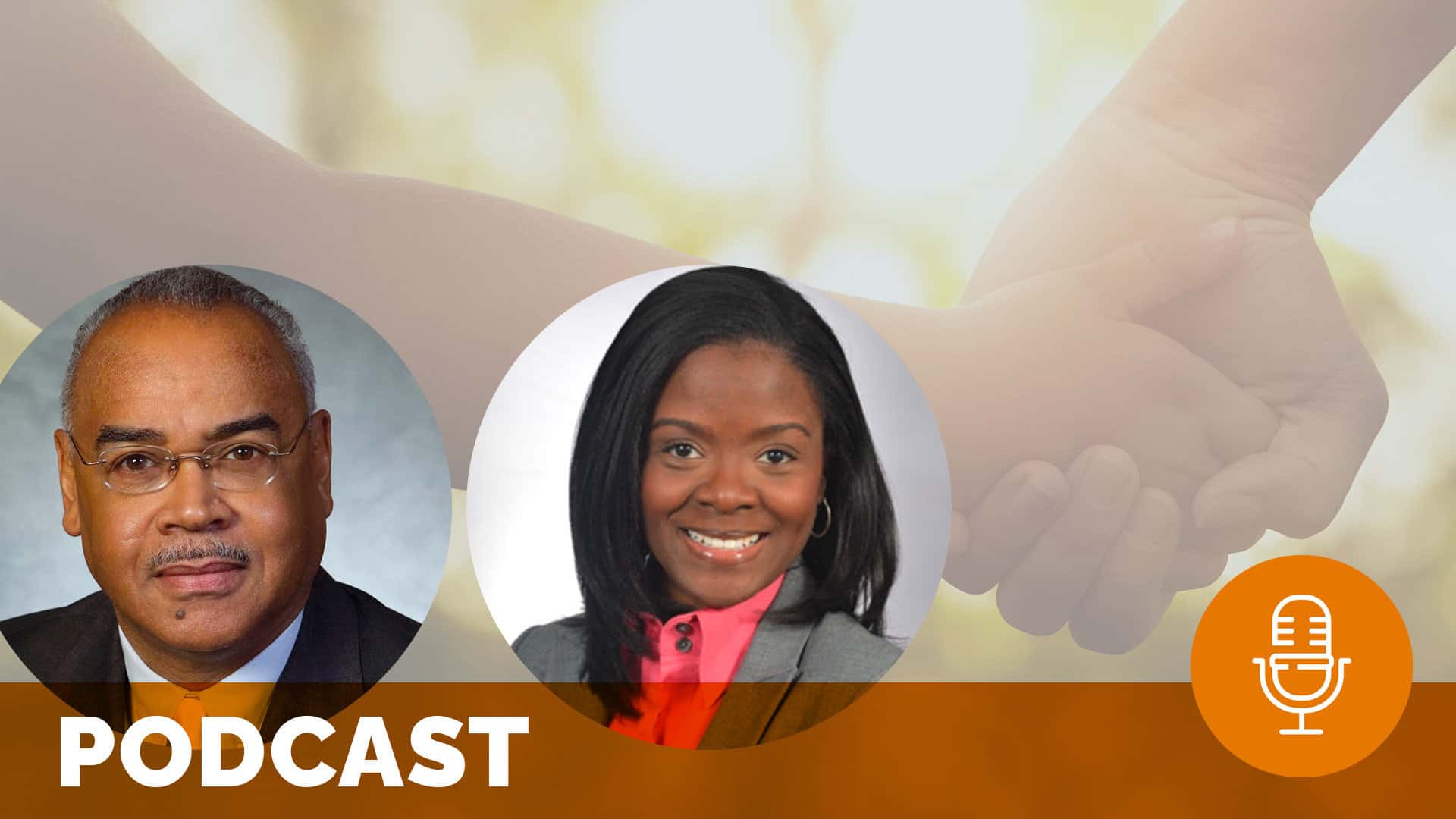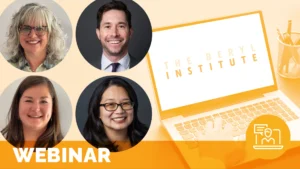Microaggression & Allyism – Bias in Healthcare Part 2

Explore the meaning of microaggression with D’Anna Holmes, the mother of a medically complex child. Learn how we can begin to change the healthcare landscape with a frank look at allyism with Dr. Ron Wyatt.
Dr. Ron Wyatt began this podcast series with a discussion of inequity in health. In this second episode of the three-part series, he shares some helpful insights for those who desire to be an ally to people experiencing bias of any kind. Dr. Wyatt is joined by D’Anna Holmes, who shares her experiences with microagression at the bedside.
Related content
-
 Culture & Leadership | Infrastructure & Governance | Staff & Provider Engagement
Culture & Leadership | Infrastructure & Governance | Staff & Provider EngagementOwnership at the Frontline: Innovating an Experience Champions Program
Many patient experience teams are small, and it’s hard to do it all. Having an “Experience Champs” program allows us to have multiple hands with one voice influencing all locations. Experience Champs are made up of frontline staff members who are chosen by their leaders as passionate role models. During the last five years, the
Learn more -
 Culture & Leadership | Infrastructure & Governance
Culture & Leadership | Infrastructure & GovernanceED Patient Loyalty Scores Nearly Double Through an Innovative Patient Navigator Role
2pm ET / 1pm CT / 12pm MT / 11am PT – The ED clinical patient navigator (PN) role addresses experience gaps related to wait times, communication, teamwork, and personalized care during visits. By creating a patient experience value stream map, we identified the need for the PN role, focusing on patients at risk for
Learn more -
 Culture & Leadership
Culture & LeadershipA Role Discovered: Exploring Northwell Health’s Patient Experience Structure and Leadership Characteristics
Examining the evolution of healthcare, leaders in patient experience (PX) have played a pivotal role in shaping a more compassionate and human-centered landscape. This three-part multi-modal descriptive study aimed to investigate shared traits, skills, and characteristics among PX leaders in hospital settings. Employing a transformational leadership self-assessment tool and a guided interview process, recurring themes
Learn more
